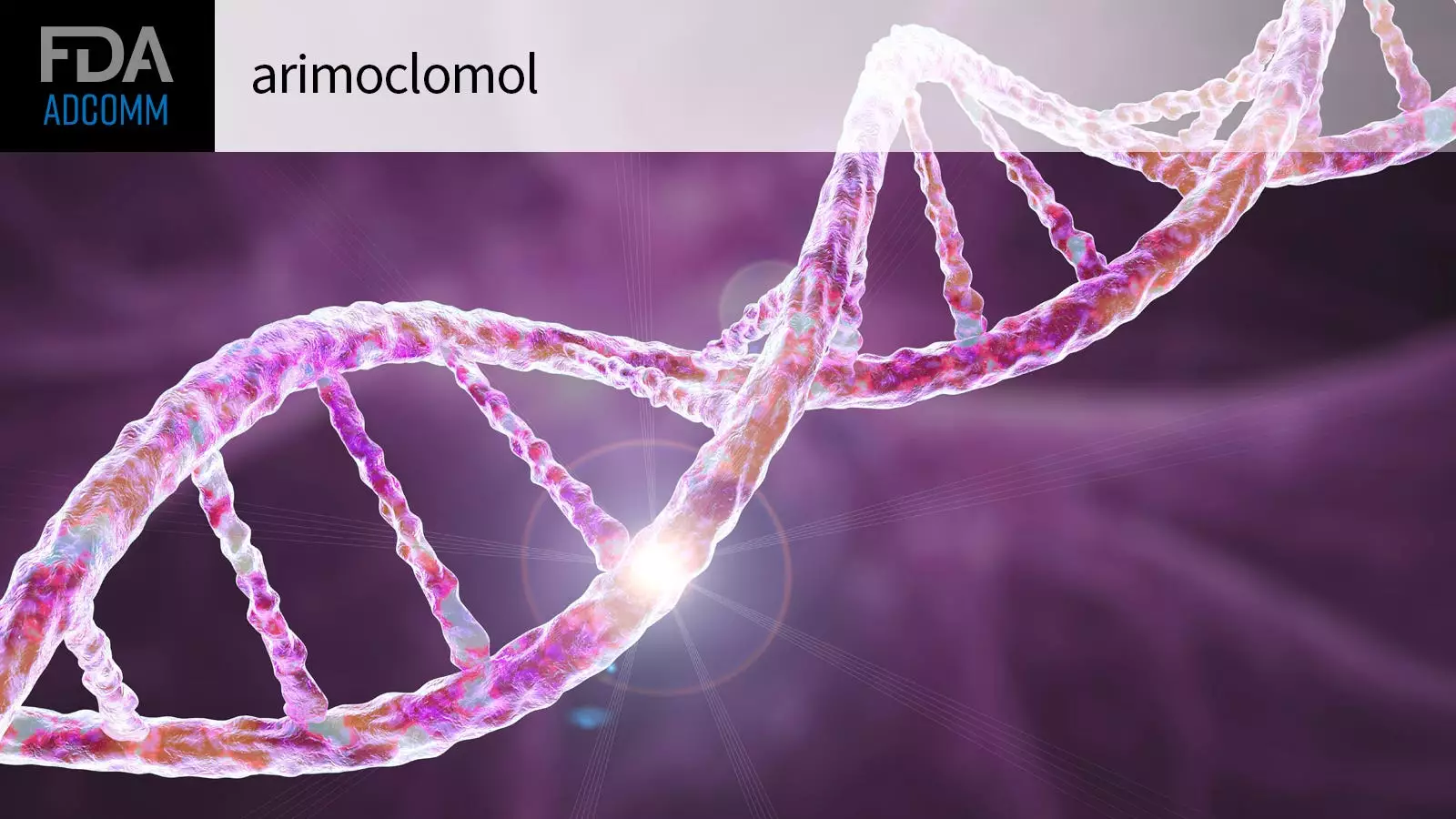A recently held meeting by the Genetic Metabolic Diseases Advisory Committee saw an 11-5 vote in favor of recommending the approval of arimoclomol. This investigative treatment was proposed for individuals with Niemann-Pick disease type C, a rare and fatal neurovisceral genetic disorder. The majority of committee advisors believed that the clinical and nonclinical data, along with the treatment’s safety profile, made a compelling case for approval.
Despite the overall positive sentiment, some committee members expressed reservations regarding arimoclomol. While acknowledging the reasonable nature of the clinical trial, some felt that it fell short of being truly compelling. There were also concerns about the small effect size and weak strength of the data, leading to some members voting “yes” with reluctance.
A key factor in the committee’s decision was the successful 50-patient phase II/III randomized clinical trial. The trial showed that the arimoclomol group exhibited a significantly slower rate of disease progression compared to the placebo group. However, there were questions raised about the mixed bag of data presented, including a mouse study that did not consistently demonstrate a survival benefit. Some committee members based their decision against approval on these nonclinical data concerns.
Another area of contention was arimoclomol’s mechanism of action. While the treatment’s specific drug class is not defined, it is believed to impact certain biochemical mechanisms. Some committee members were unsure about the mechanism of action and how it translated in the study results, leading to skepticism about the treatment’s efficacy.
One aspect that garnered positive feedback from several committee members was arimoclomol’s favorable safety profile. The treatment was well-tolerated, with only two treatment-related serious adverse events reported in the pivotal trial. Additionally, fewer patients on arimoclomol experienced serious adverse events compared to those on the placebo, adding to the treatment’s appeal.
While the FDA is not bound to follow the advisory committee’s recommendations, it typically does. A final decision on arimoclomol’s approval is expected on or before September 21, 2024. The committee’s deliberations shed light on the complexities involved in evaluating potential treatments for rare diseases, balancing efficacy, safety, and data integrity.
The FDA committee’s decision on arimoclomol underscores the nuanced considerations involved in approving treatments for rare genetic disorders. While there was overall support for the treatment’s approval, concerns regarding data integrity, mechanism of action, and efficacy were raised. The final verdict by the FDA will be pivotal in determining the fate of arimoclomol and its potential impact on patients with Niemann-Pick disease type C.


Leave a Reply